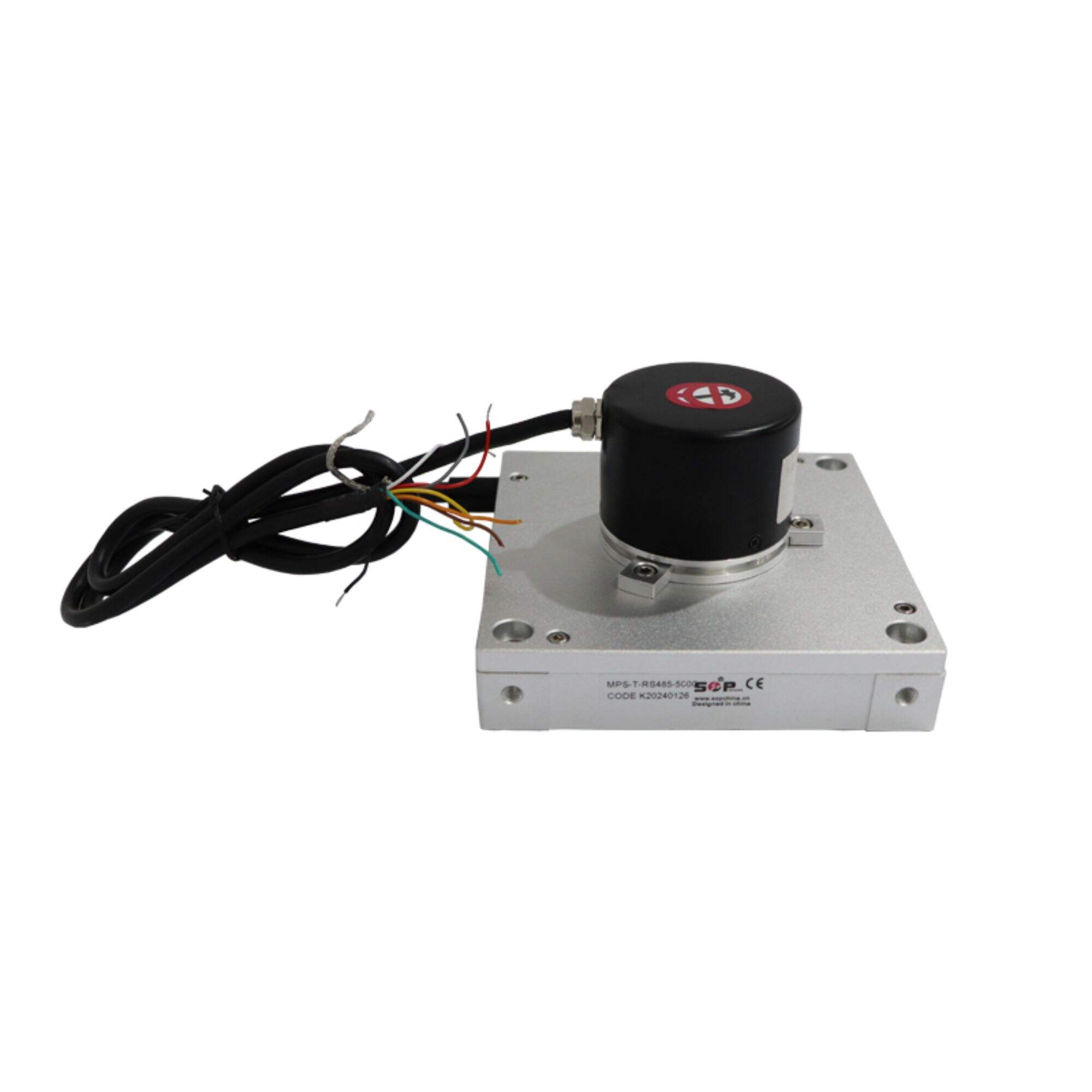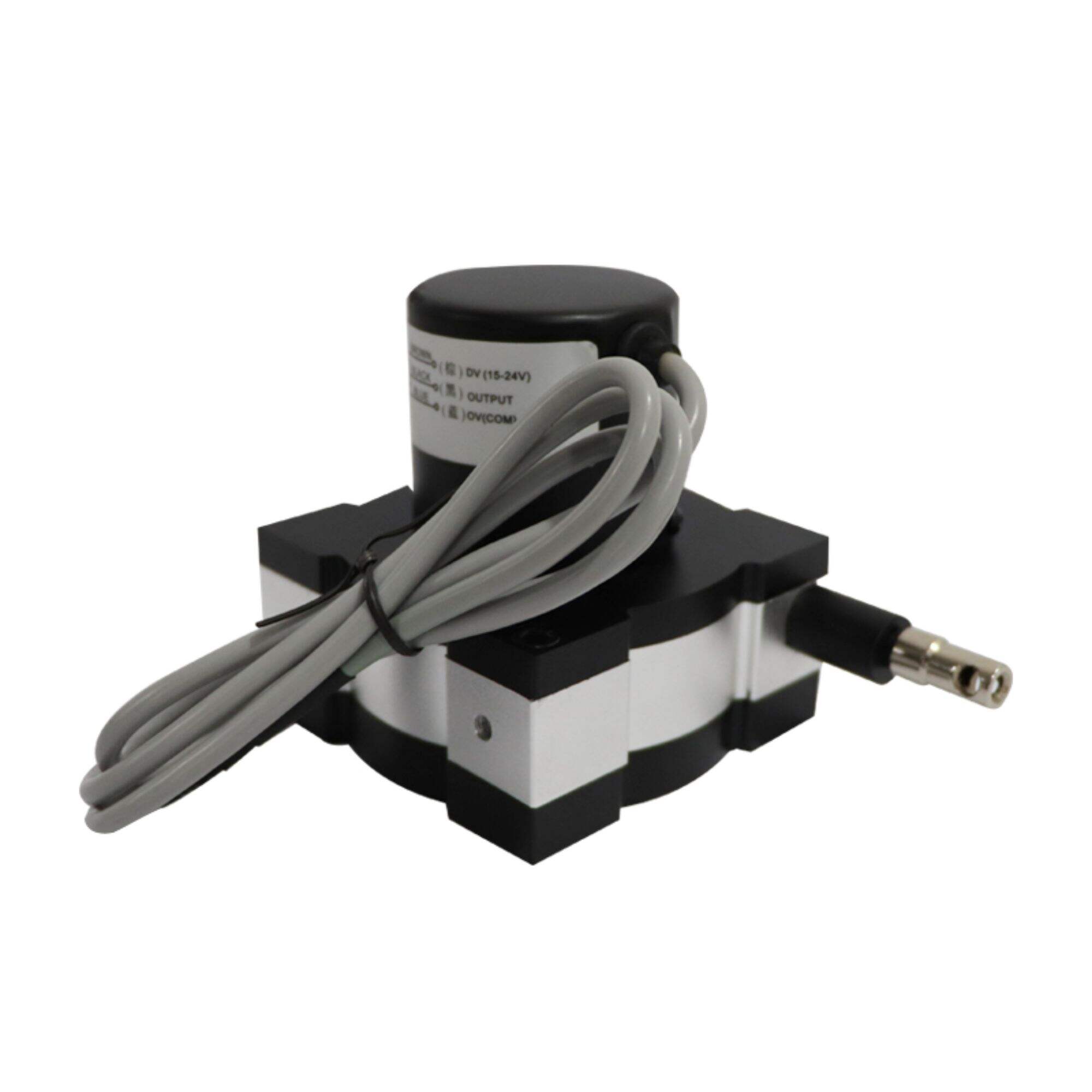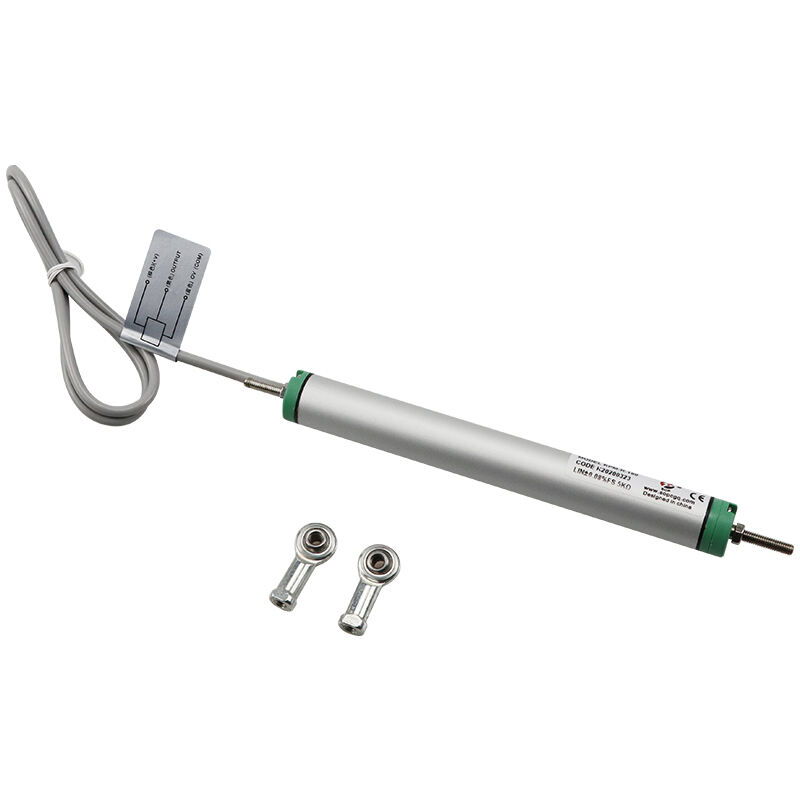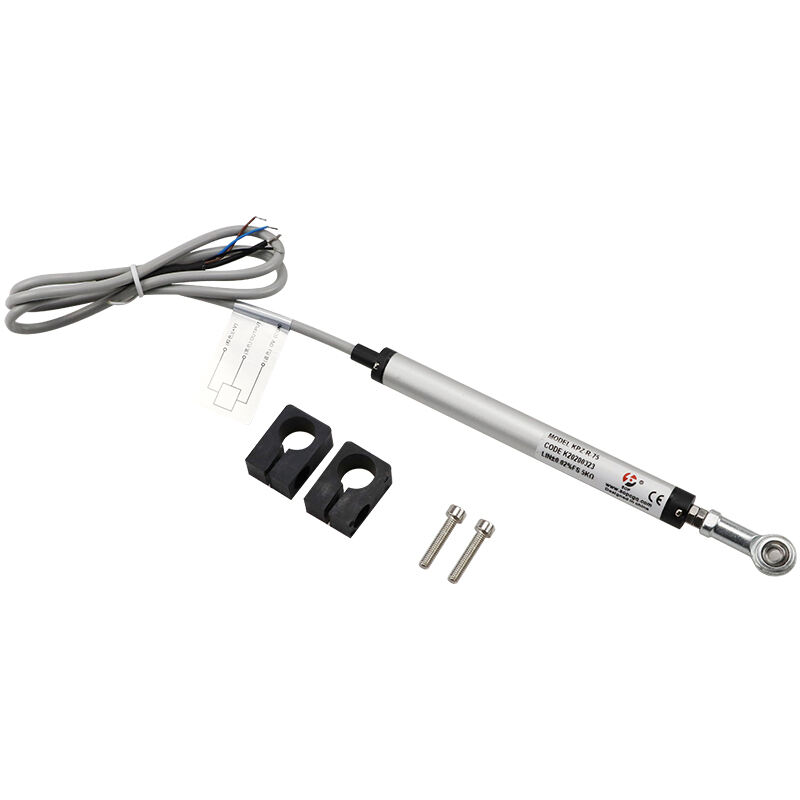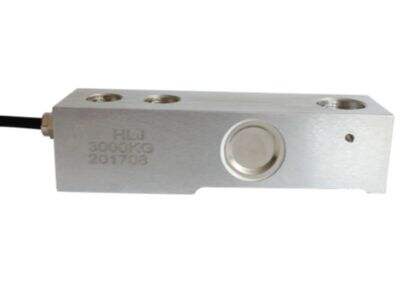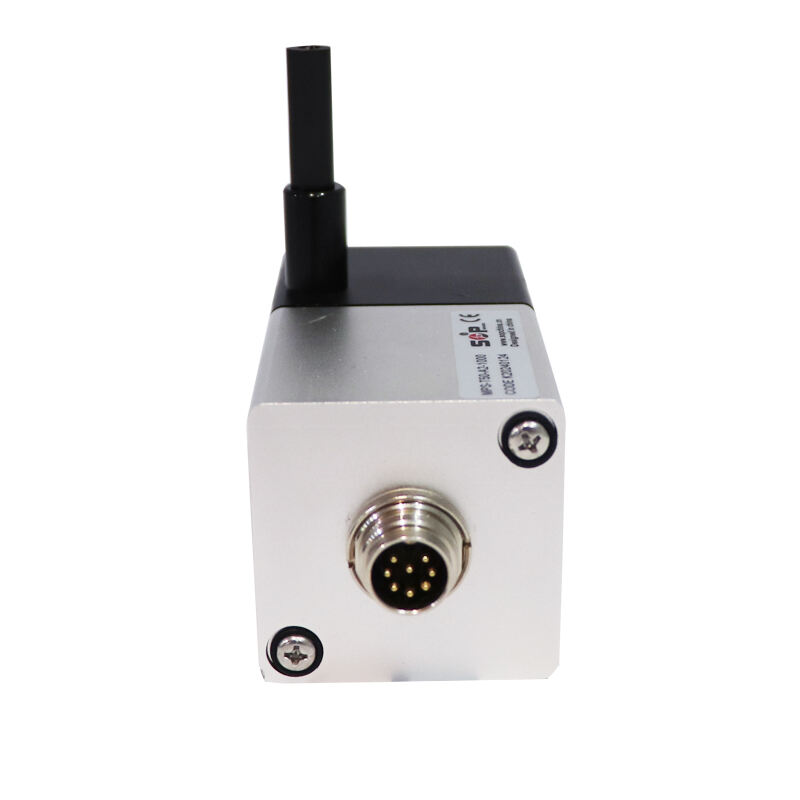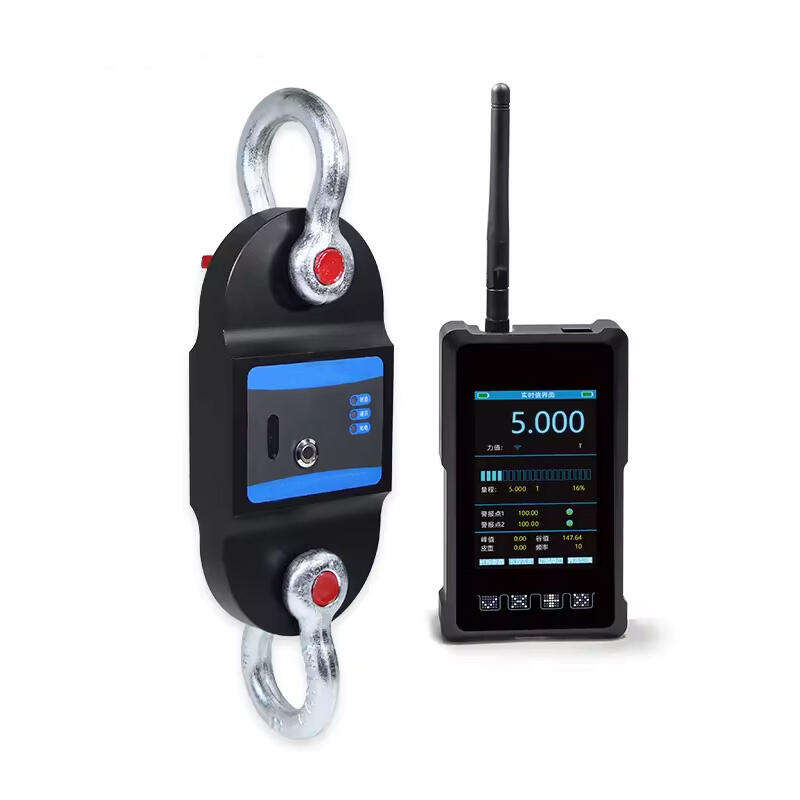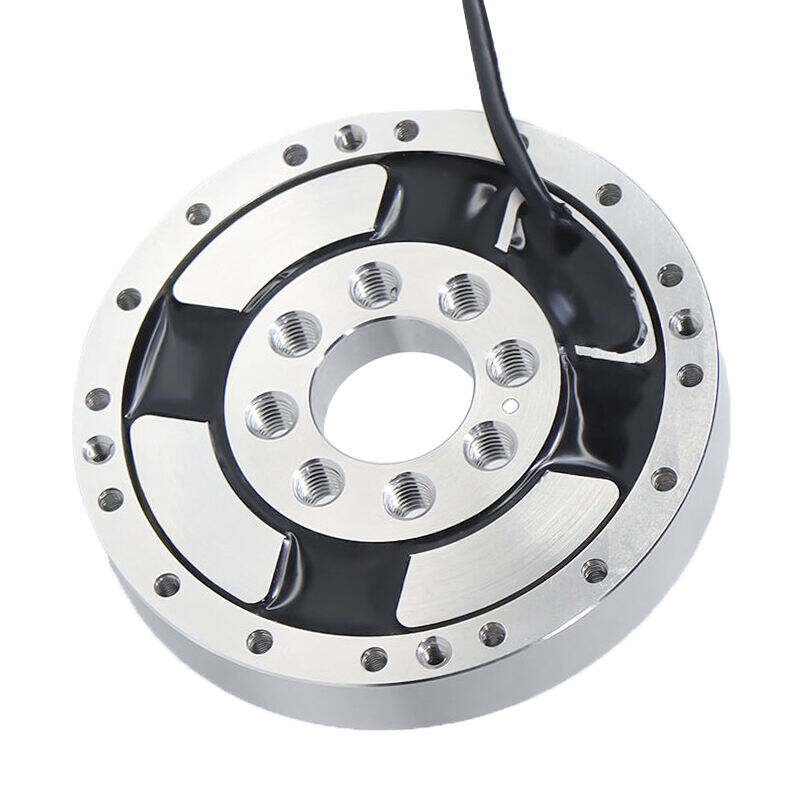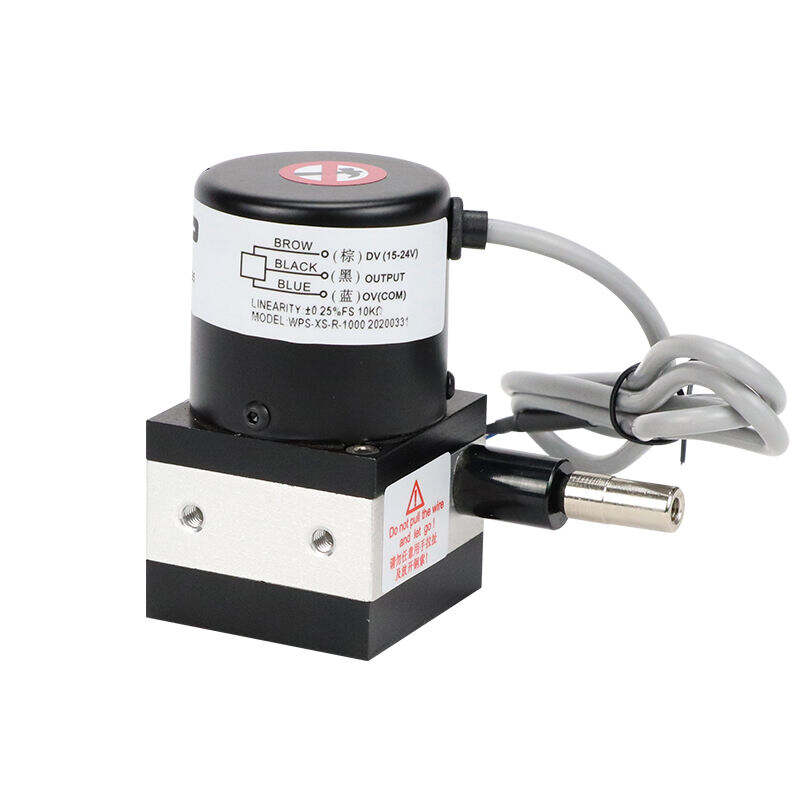stationary torque transducer
A stationary torque transducer is a sophisticated measurement device designed to accurately measure and monitor rotational force in static applications. This precision instrument converts mechanical torque into electrical signals, providing real-time data for various industrial processes. The device consists of strain gauges mounted on a torsion section, which responds to applied torque by generating proportional electrical outputs. Modern stationary torque transducers incorporate advanced features such as digital signal processing, temperature compensation, and high-precision calibration capabilities. These instruments are essential in quality control, research and development, and manufacturing processes where precise torque measurement is critical. The technology enables non-contact measurement, eliminating wear and ensuring long-term stability. Applications span across multiple industries, including automotive testing, power generation, aerospace development, and industrial machinery calibration. The device's ability to maintain accuracy under varying conditions and provide reliable data makes it an indispensable tool for engineers and technicians working in torque measurement applications.

